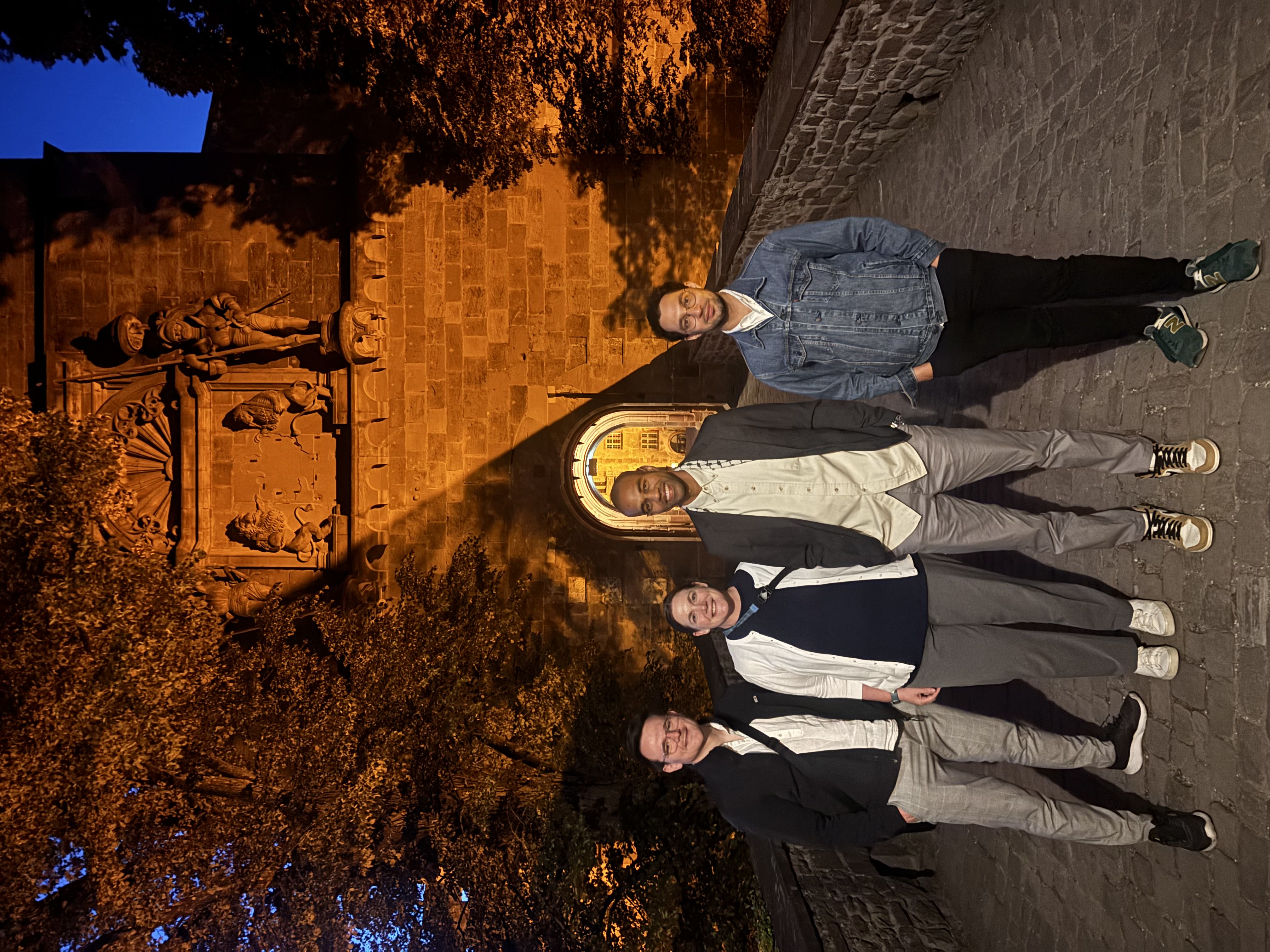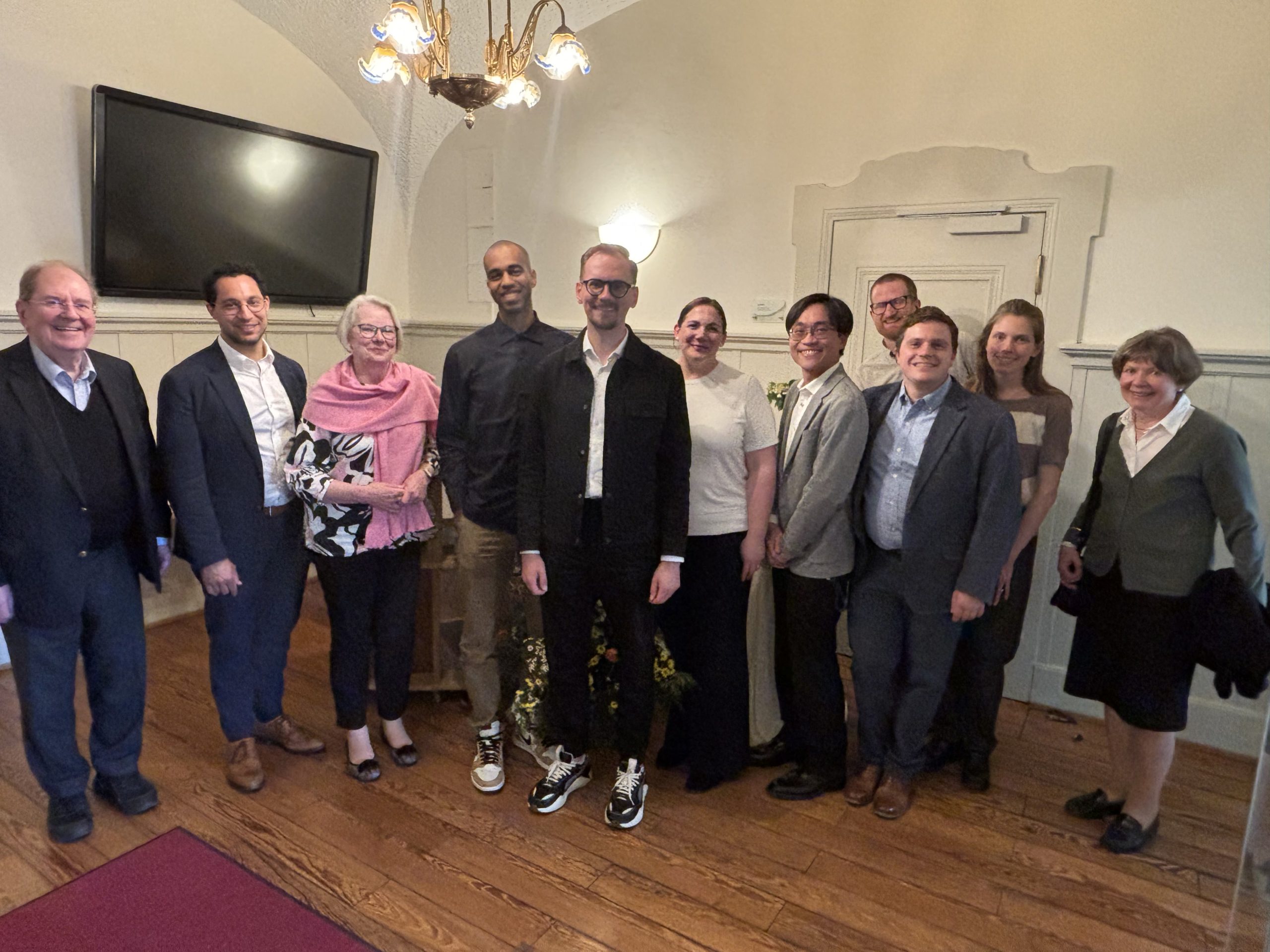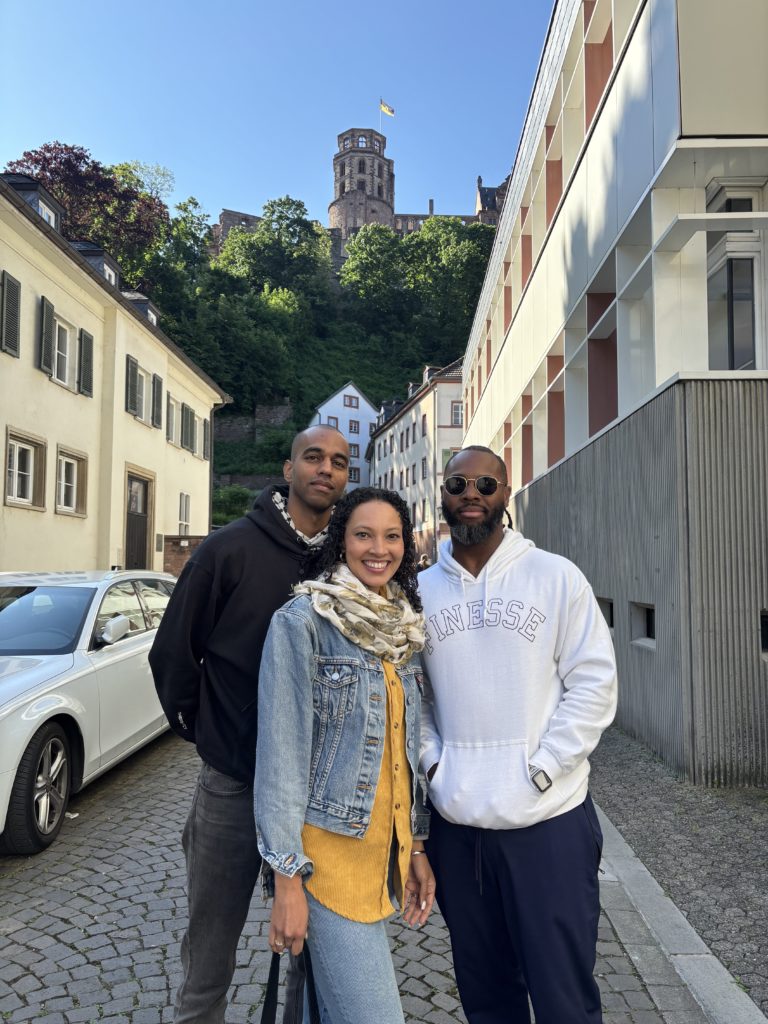The “Manfred Lautenschlaeger Award for Theological Promise” annually honors 10 young scholars from all over the world for outstanding dissertations or the first post-doctoral work in the thematic complex “God and Spirituality (broadly understood).”
20 reviewers from currently 15 countries select the awardees. The laureates are honored in a festive ceremony in the Old Auditorium of Heidelberg University.
I had the pleasure of receiving the award for my dissertation, The Injustice of Noah’s Curse and the Presumption of Canaanite Guilt: A New Reading of Genesis 9:18–29, in which I argue that a commonly held presumption inhibits most interpreters from accepting what is obvious in the passage: Noah’s curse is unjust. Using a literary approach, intertextuality, and speech act theory, my dissertation offers a new interpretation of Noah’s unjust curse as an ironic climax to Noah’s life. My first book, The Injustice of Noah’s Curse (Oxford University Press, 2025), expands this argument and strengthens it with attention to irony and critical race theory.
In May, the Forschungszentrium Internationale und Interdisziplinaere Theologie (FIIT) brought me to Heidelberg, Germany, to receive the award and give a lecture on my current research. I discussed how concepts from critical race theory can play diverse roles in antiracist biblical interpretation, and, as I continue this line of research, I am learning about leftist critiques of the problems with antiracism and critical race theory.
My wife and best friend both came to celebrate me. We toured Heidelberg, visited castles, and ate delicious food. I made new friends with the director of the FIIT, Professor Michael Welker, and the other award winners.


